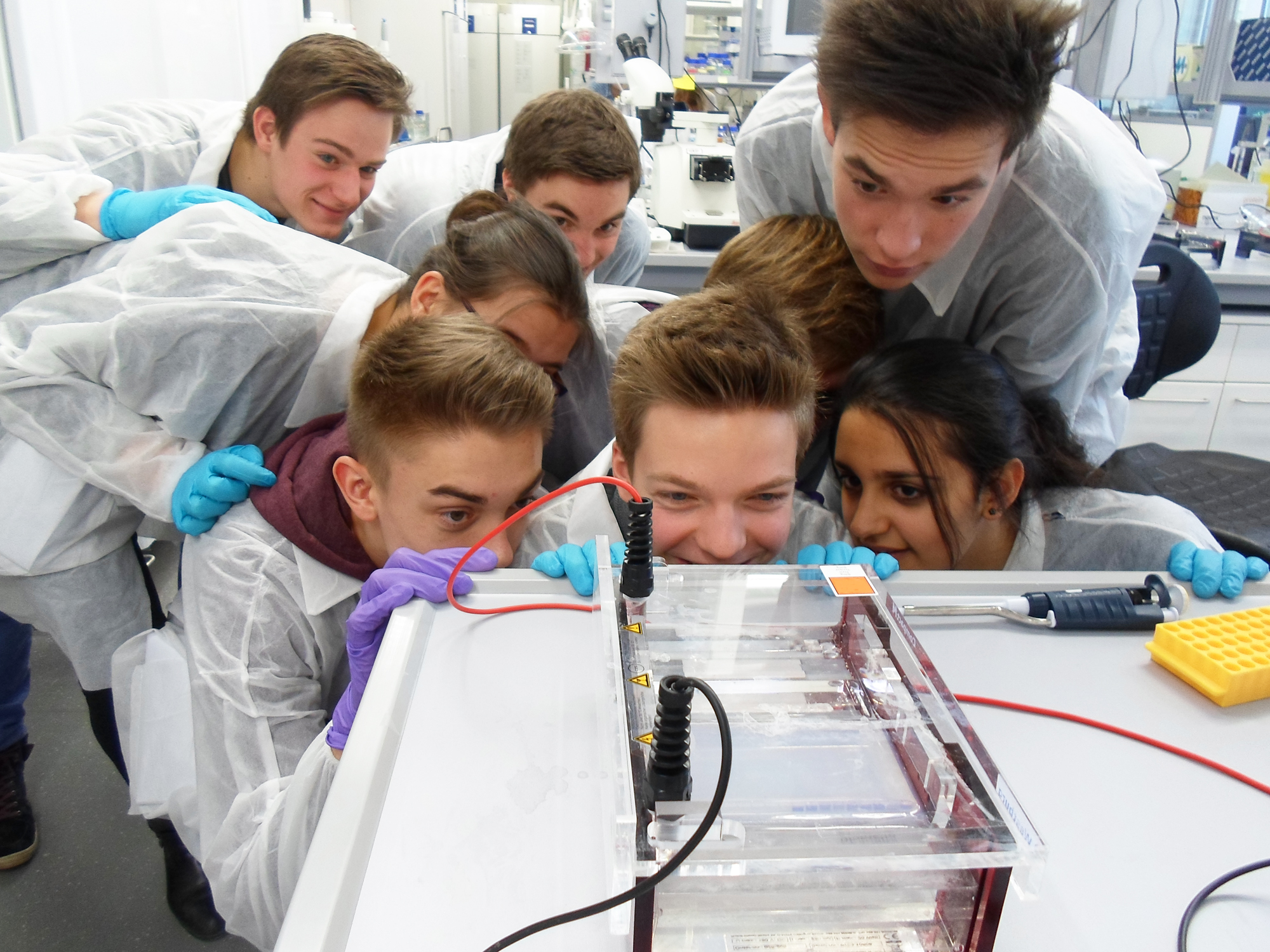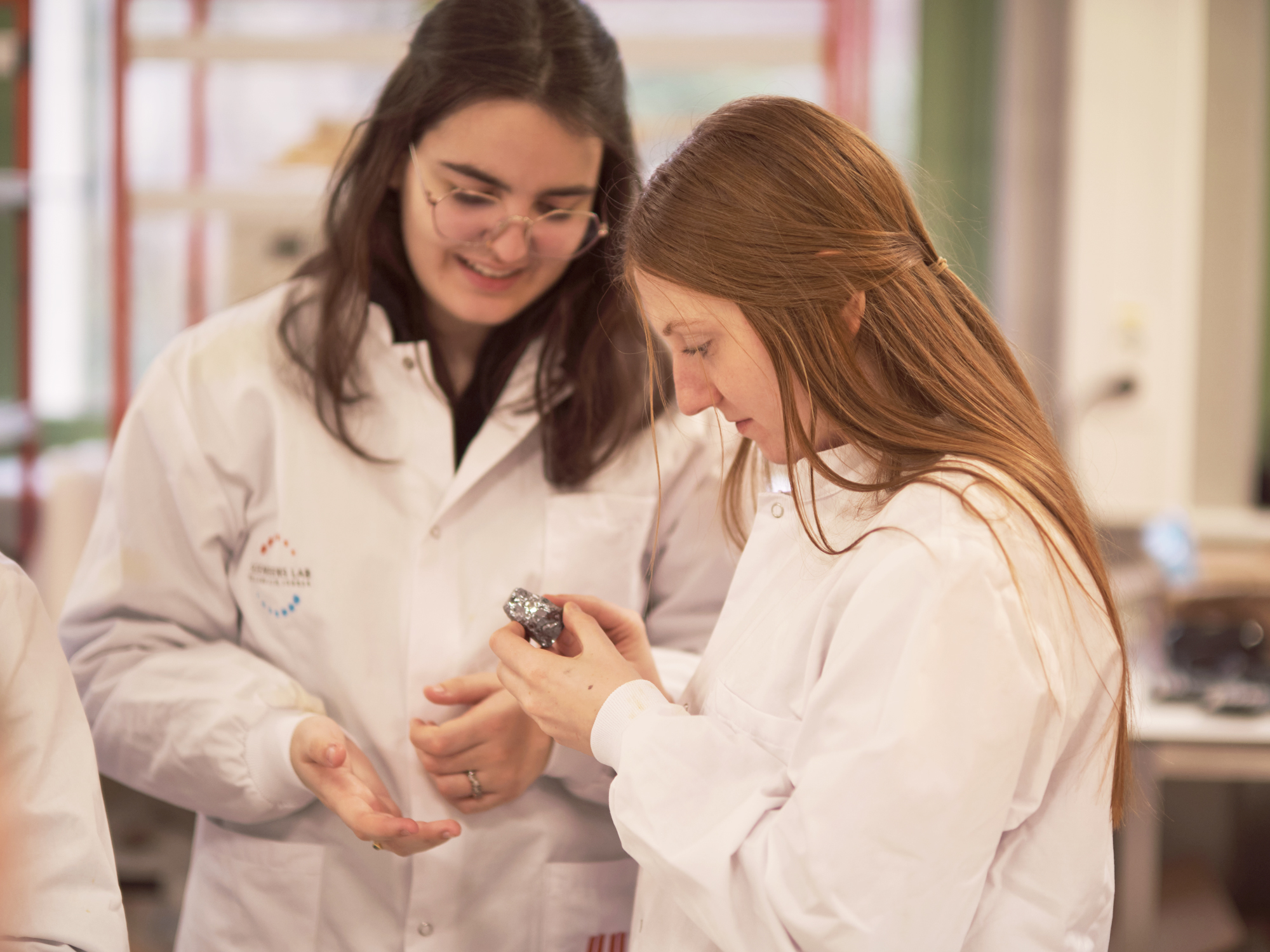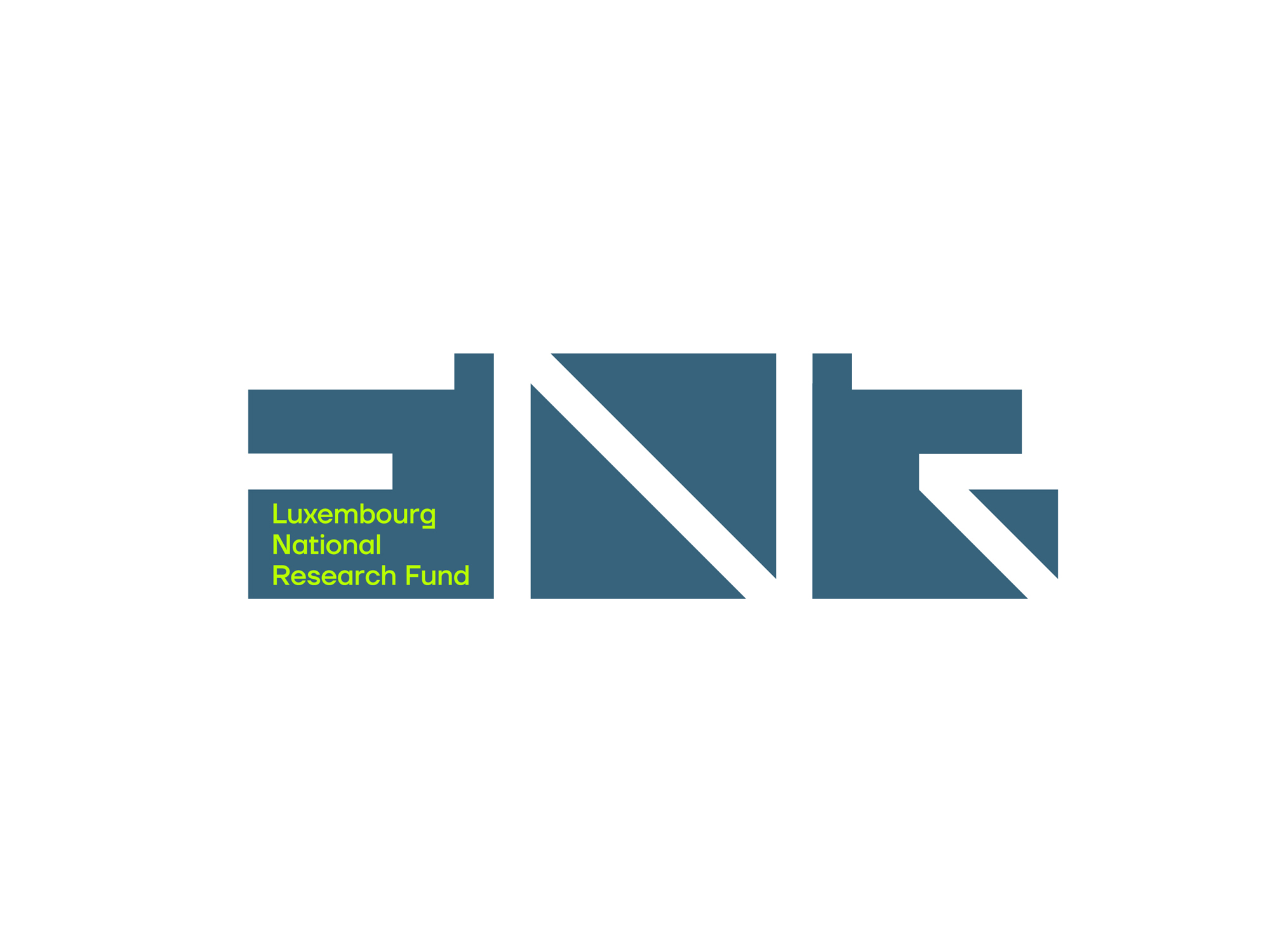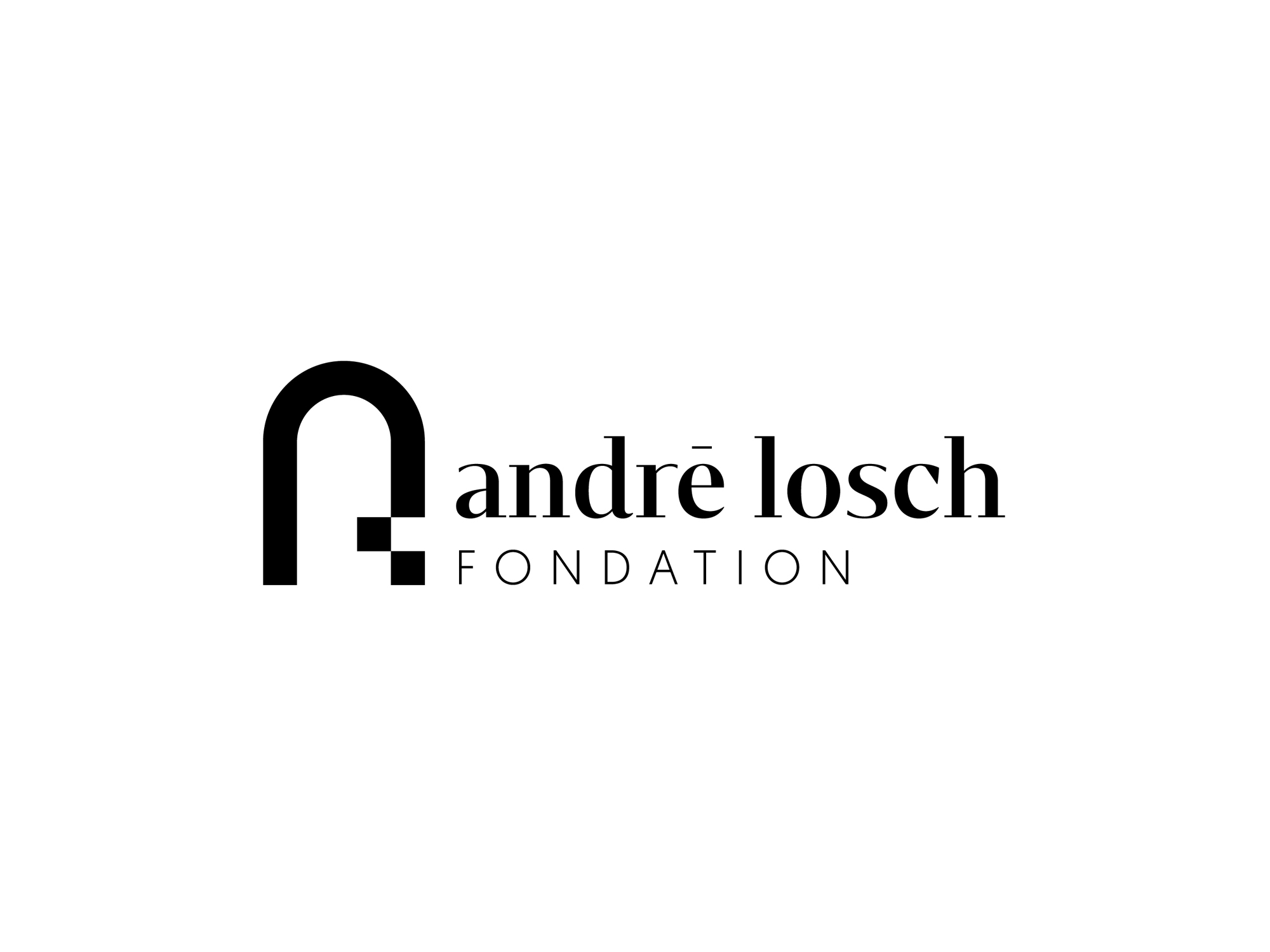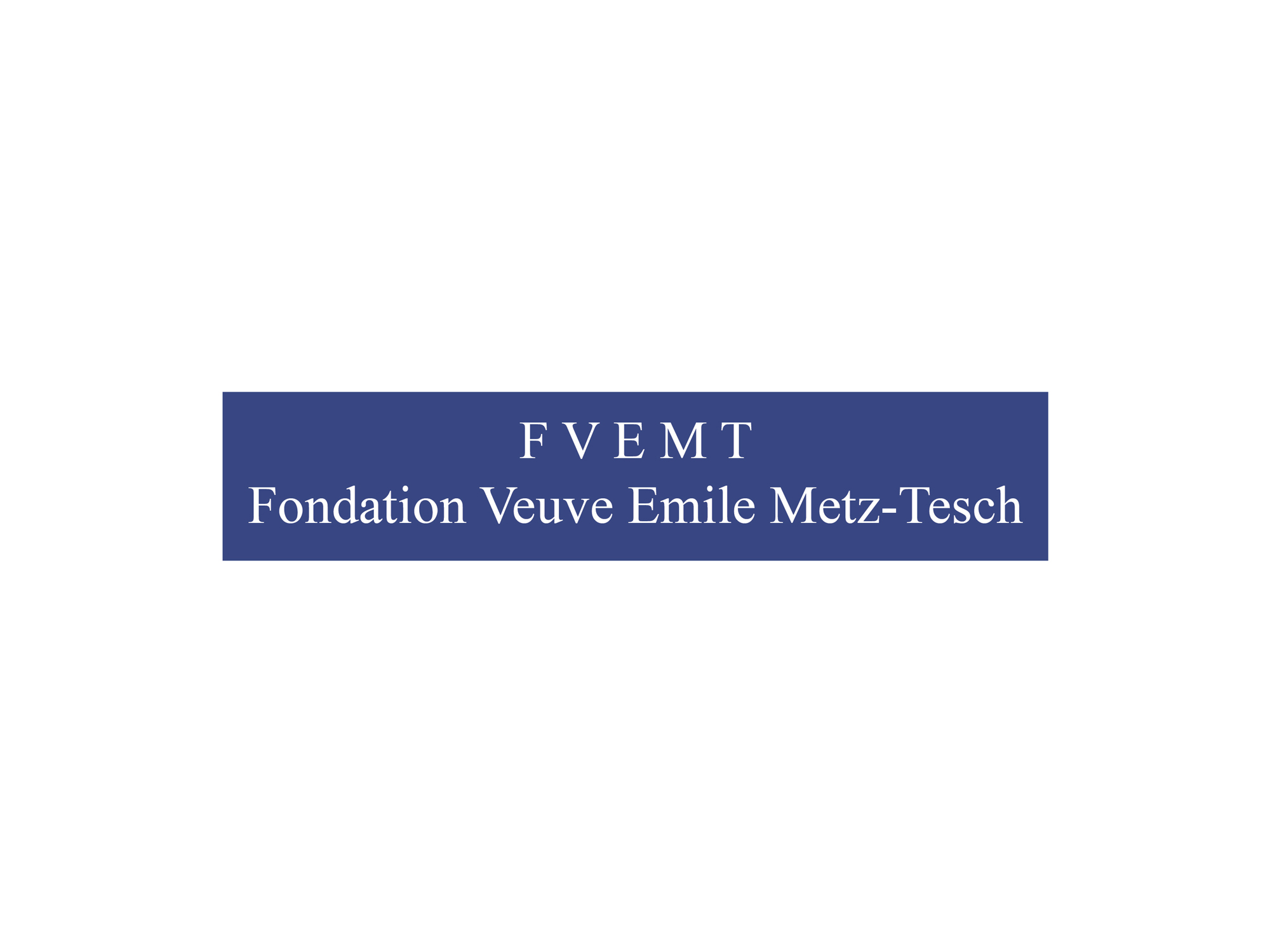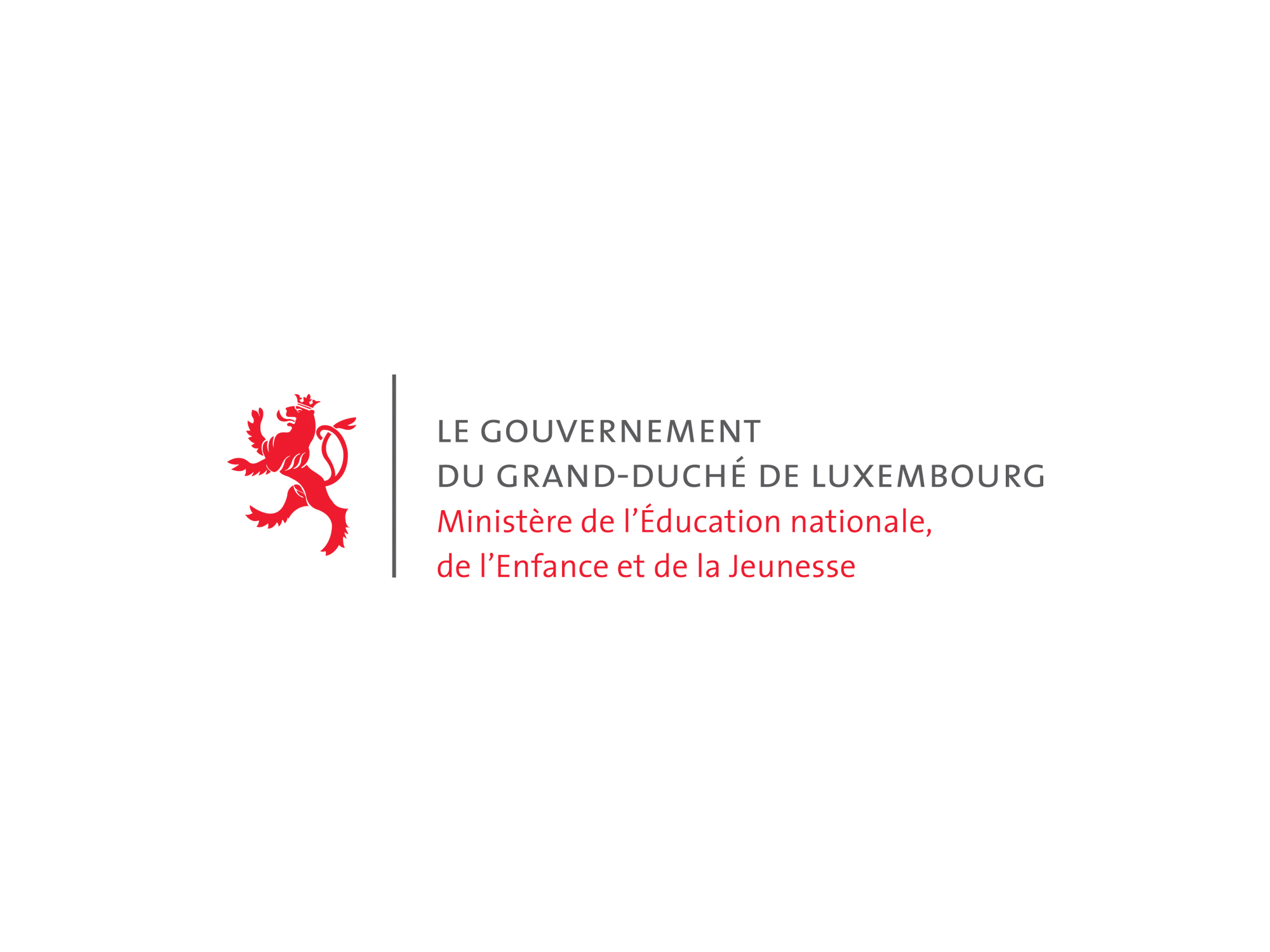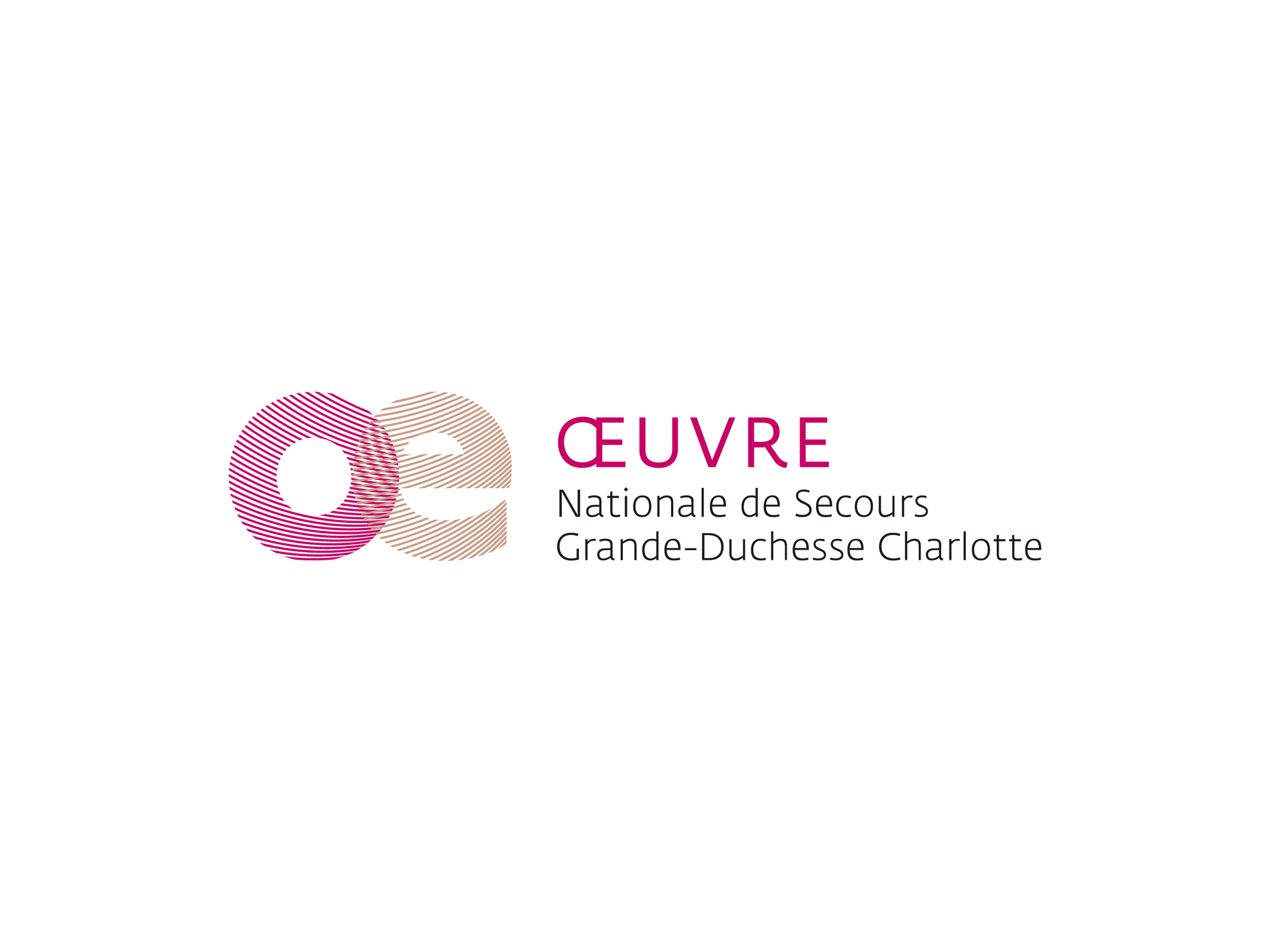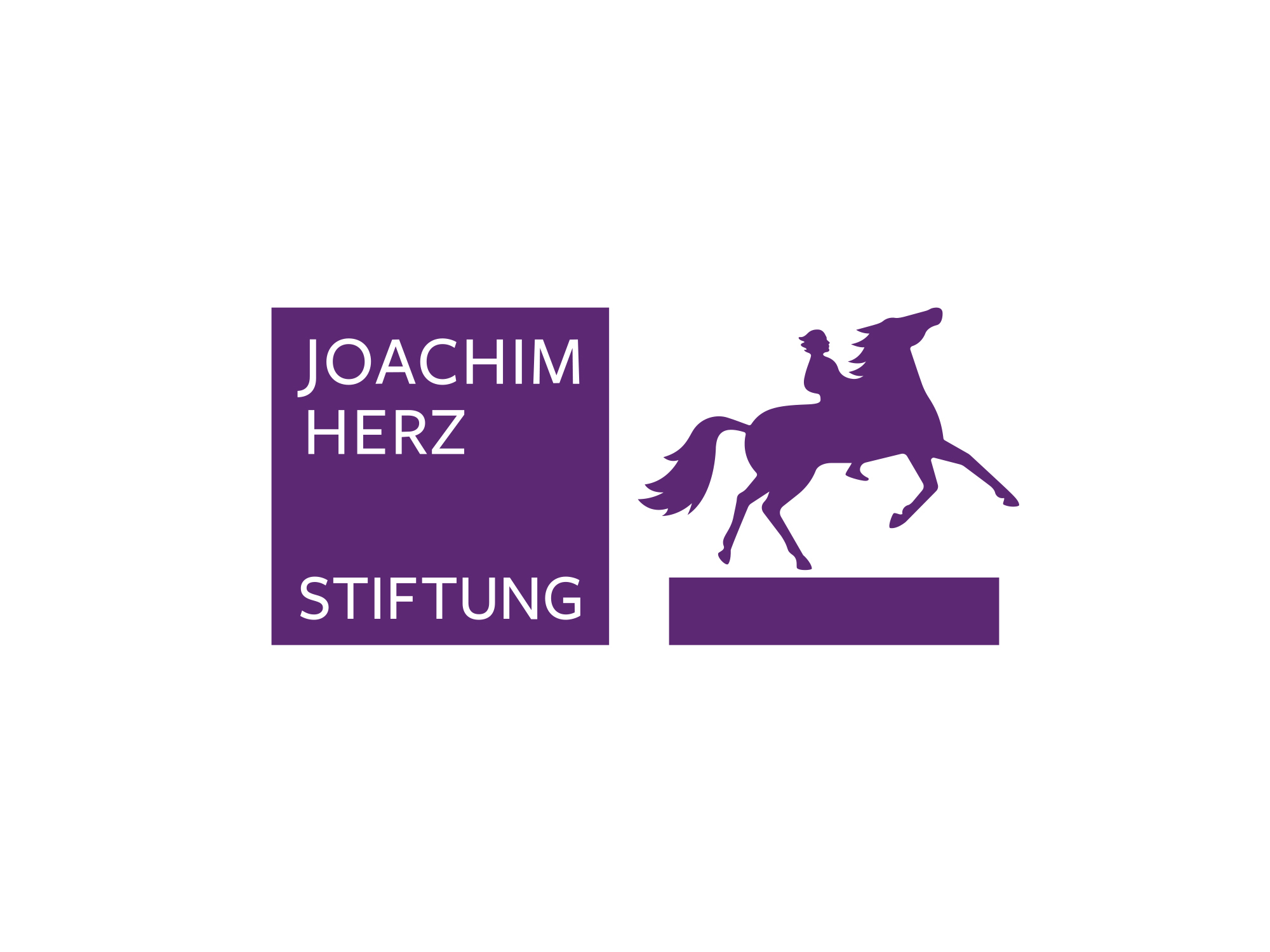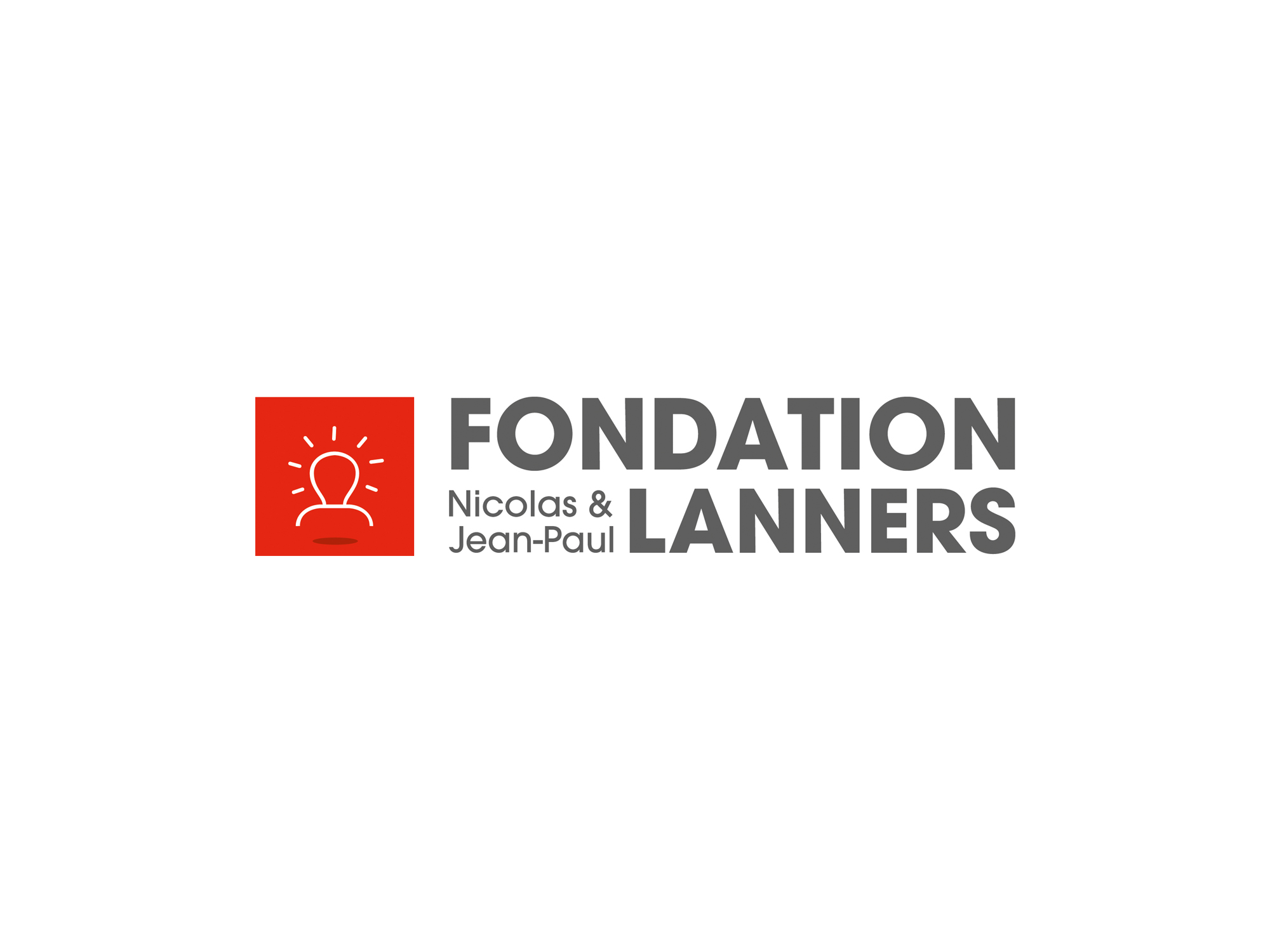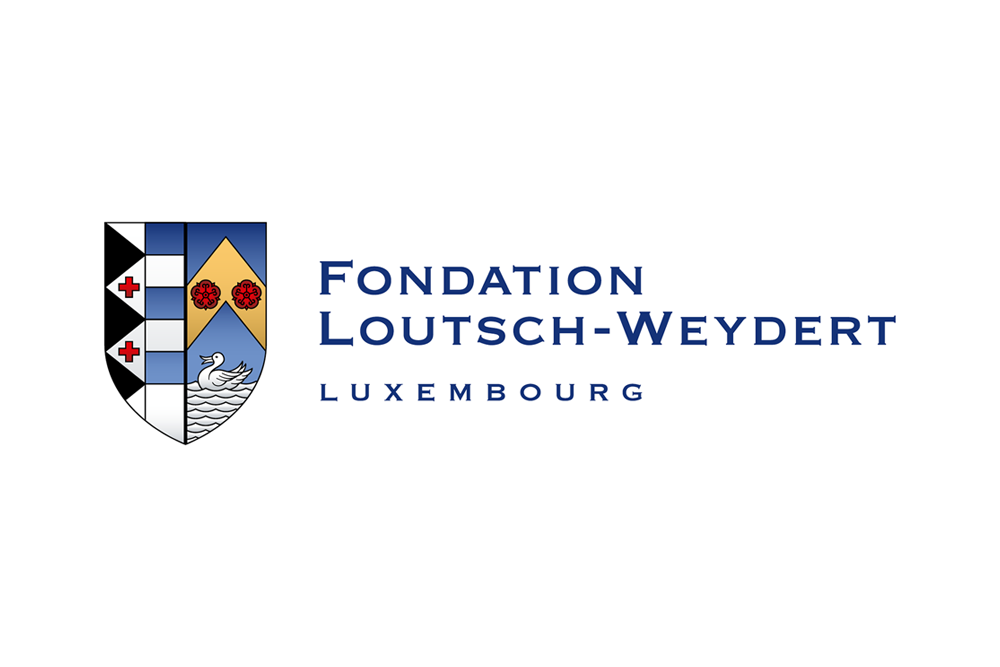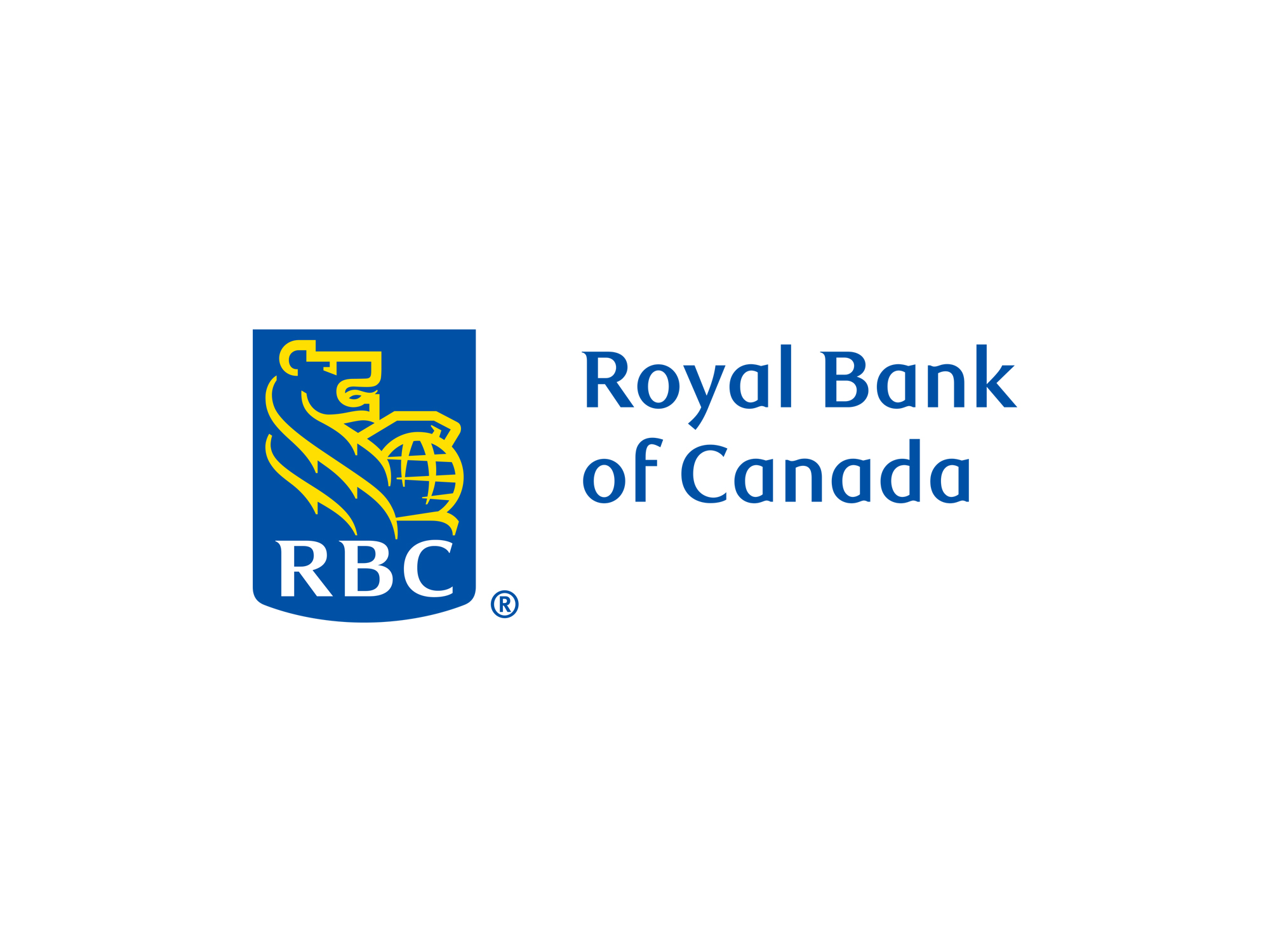“Teach me and I remember.
Involve me and I learn.”
Our disciplines
News
-
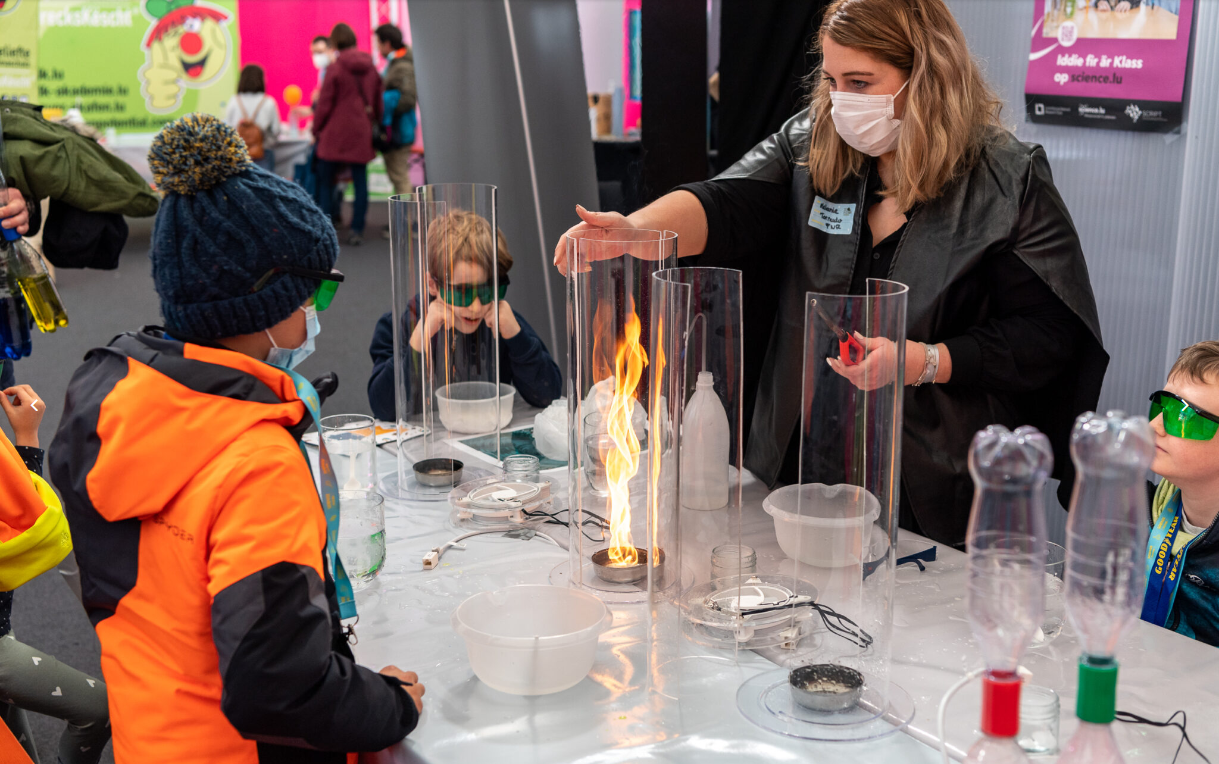
Hands-on discoveries and workshops at the Science Festival
OutreachComputer Science & ICT, Life Sciences & Medicine, Mathematics, Psychology, Neurosciences & Behavioural EconomicsLearn more -
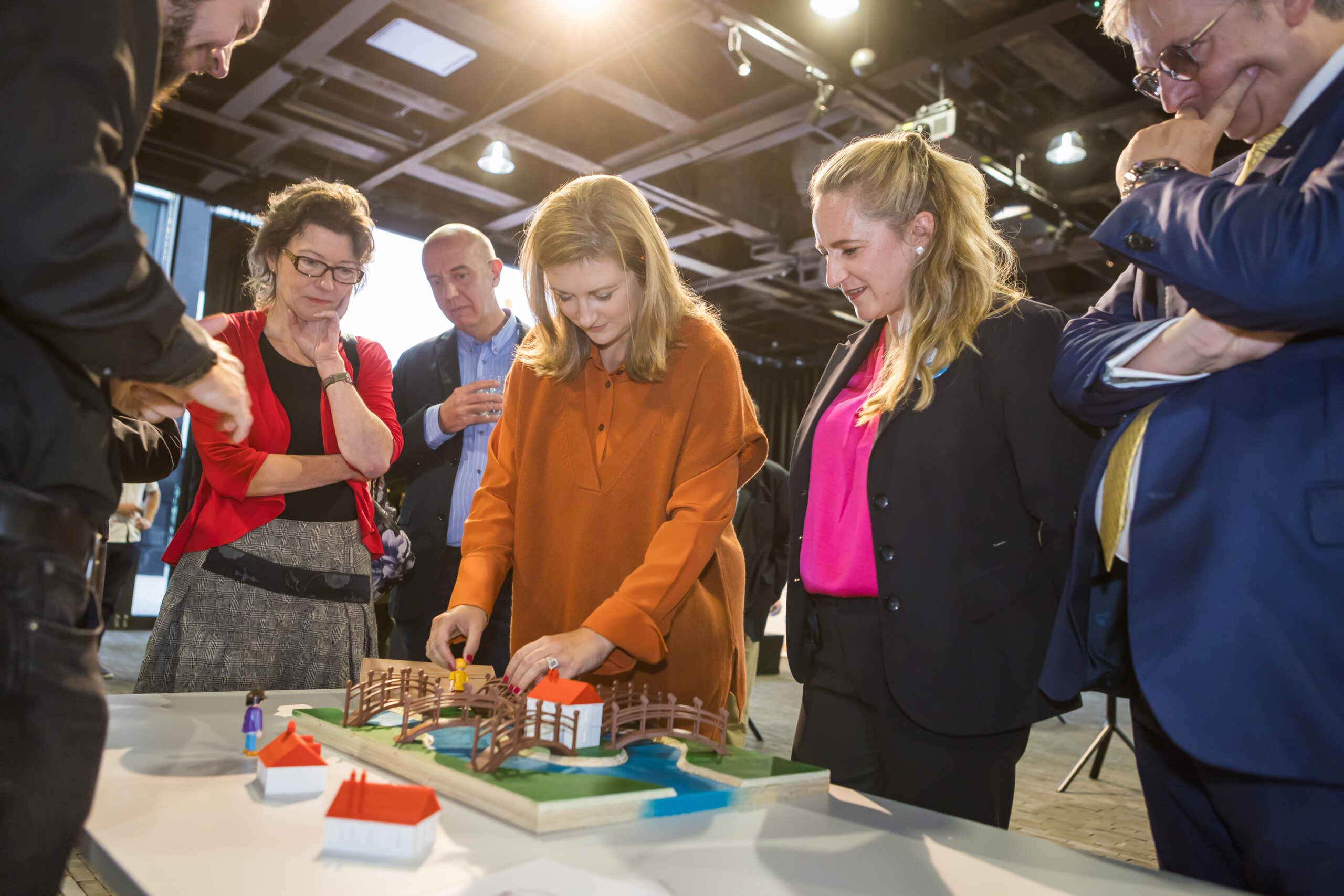
The Scienteens Lab celebrates its 10th anniversary!
OutreachComputer Science & ICT, Life Sciences & Medicine, MathematicsLearn more
Events
Sponsors & Partners
Thank you!
The Scienteens Lab is made possible through collaborations with national and international partners, and thanks to the generous support of several sponsors.
If you want to know more, have a look at our fundraising page.
